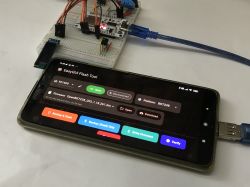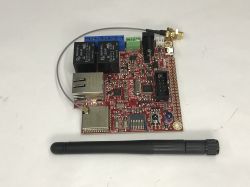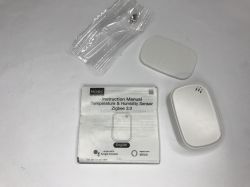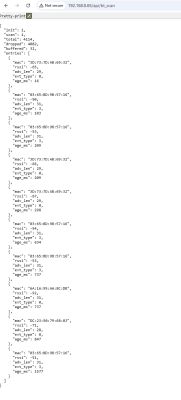Well, I was told to report this here by the program:
Encryption key read done!
Encryption key: 5100b093 00cbeadc 5993a100 c700eb03
^*^*^*^*^*^*^*^*^*^*^*^*^*^*^*^*^*^*^*^*^*^*^
WARNING! Non-standard encryption key!
Please report to forum https://www.elektroda.com/rtvforum/forum51.html
Or just try using BK7231M mode
^*^*^*^*^*^*^*^*^*^*^*^*^*^*^*^*^*^*^*^*^*^*^
There was no result to save.
So, what now? I tried N, M (Same) and T (It read from T, then said there was a checksum error)
Encryption key read done!
Encryption key: 5100b093 00cbeadc 5993a100 c700eb03
^*^*^*^*^*^*^*^*^*^*^*^*^*^*^*^*^*^*^*^*^*^*^
WARNING! Non-standard encryption key!
Please report to forum https://www.elektroda.com/rtvforum/forum51.html
Or just try using BK7231M mode
^*^*^*^*^*^*^*^*^*^*^*^*^*^*^*^*^*^*^*^*^*^*^
There was no result to save.
So, what now? I tried N, M (Same) and T (It read from T, then said there was a checksum error)






